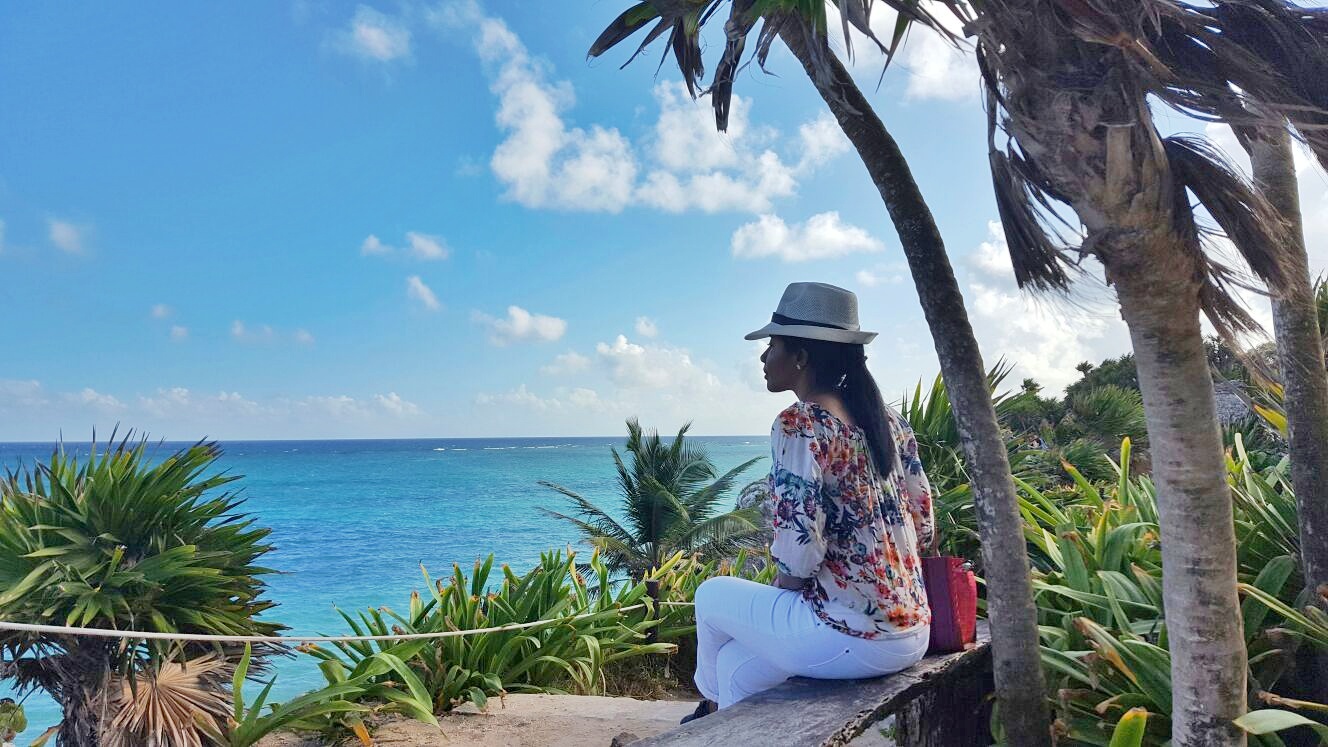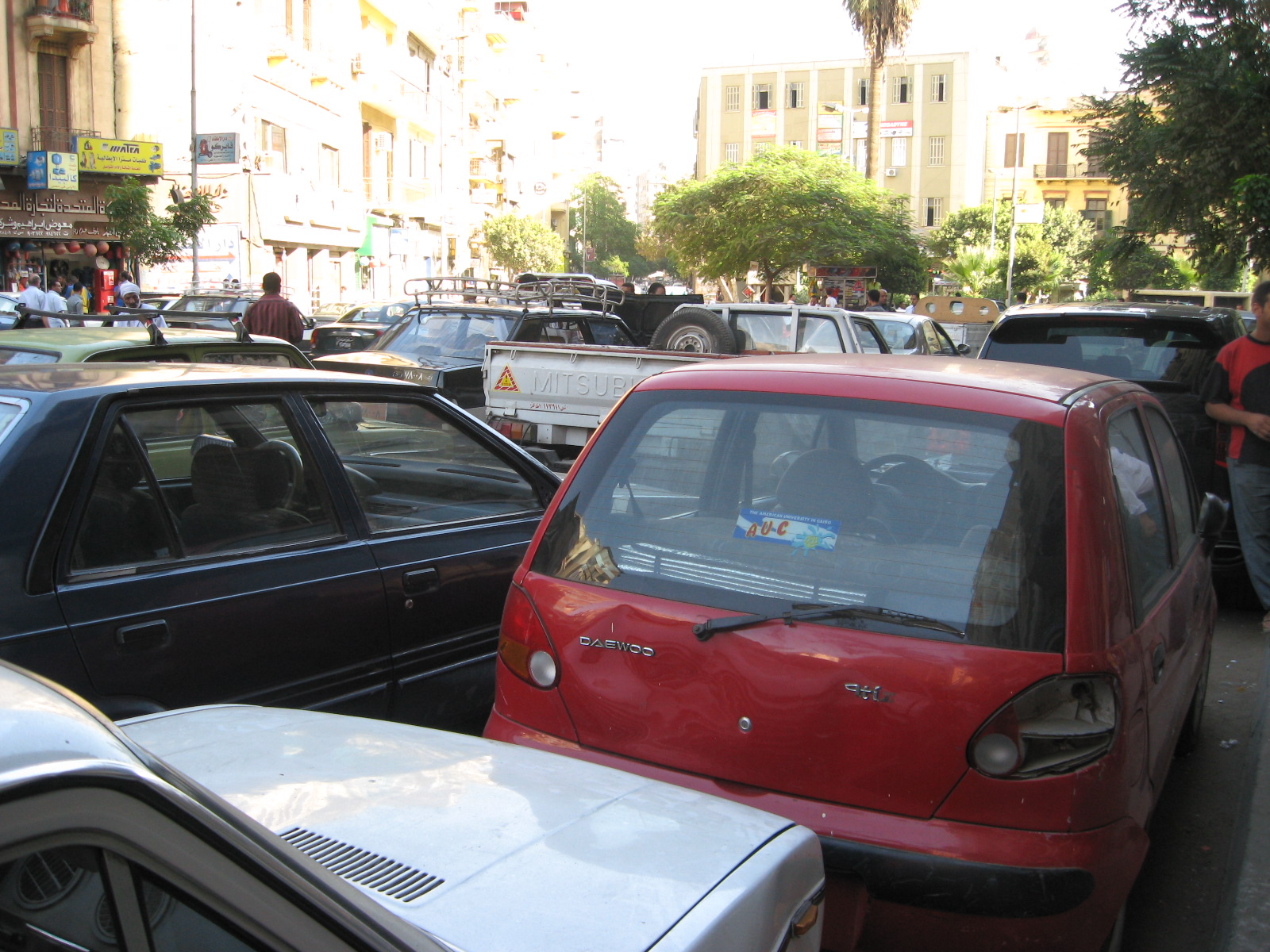If you aren’t an optimist by nature, making travel plans in today’s tense environment can suck the joy out of vacation planning. Not only does it zap the anticipation, in some cases, the scary realities actually mar the experience itself.
Case in point, I’ll never forget wondering what could have happened had I visited Egypt during the 2009 Cairo attacks as opposed to walking through the markets there some four months earlier. Nor can I ever fully expunge the shell-shocked and dazed feeling I had in New York City on September 11th, a day that started out quite innocently. One minute my sister and I were sitting quietly with other audience members on the set of the Live with Regis and Kelly show and in the next, we became increasingly traumatized as we watched a horrific event unfold.
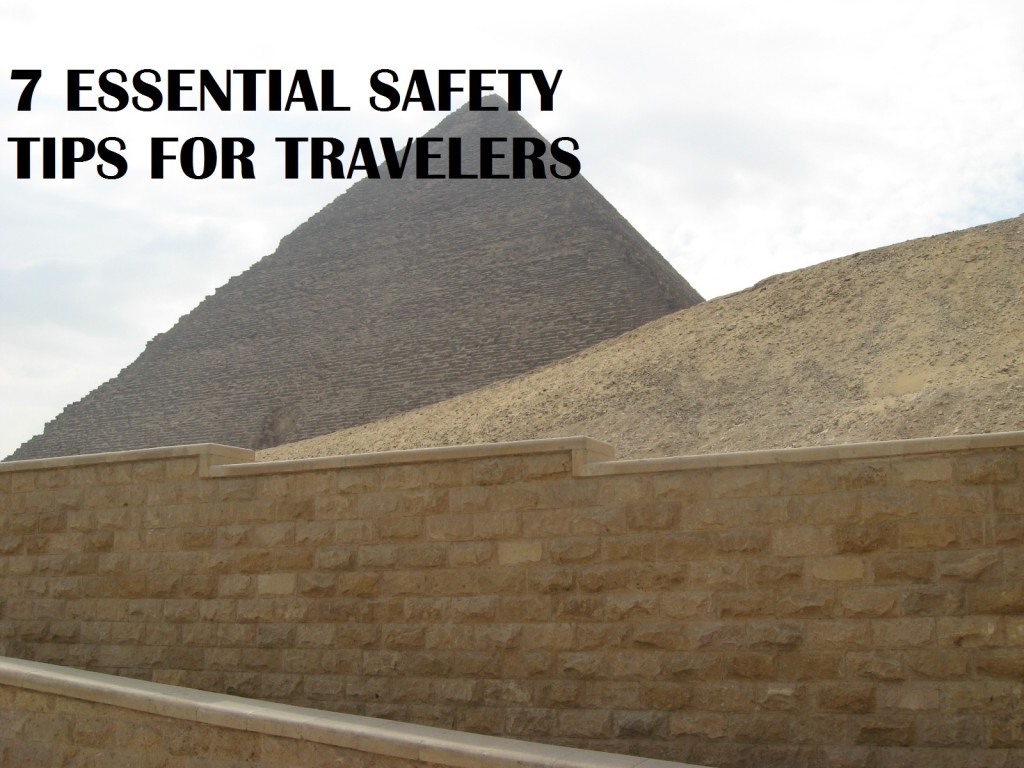
Of course, predicting the future is impossible so working yourself into panic mode during the trip decision-making process will not solve anything. But while we can’t fully eliminate potential danger, there are some basic things you can do to alleviate some of the dangers in travel – especially in the busy holiday season. I’ve compiled a few pointers for you to note.
Do your research
Gone are the days when you only check the guide books or a great travel feature in your Sunday newspaper to select a holiday spot. Now, you must also stay abreast of the news. Check only fact-based and unbiased media sources – across print, television and digital platforms – so you can remain aware of potential areas of political, social and civil unrest.
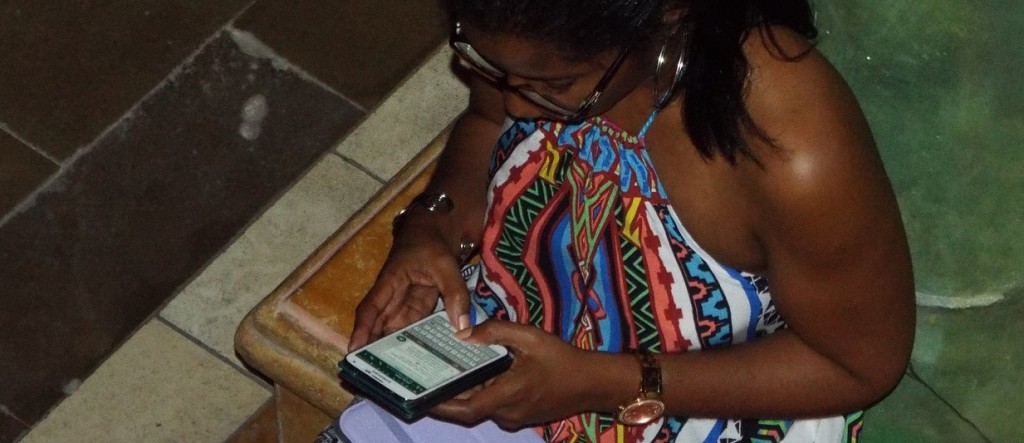
Stay under the radar
Nothing screams ‘tourist’ more than gaudy jewelry and clothing that stands out from the local garb. And loud, obnoxious behavior that draws attention to yourself or your group has a similar effect too. It is always best to respect local customs and dress codes, to be courteous, and to speak in low tones that allow you to blend in rather than stand out.
Avoid clichéd tourist traps
Inevitably, the most written about festivals, shopping malls, outdoor concerts and busy street cafés top many travelers’ must-see lists but nowadays it may be best to avoid the areas sure to attract large crowds. Check with your hotel concierge or a local insider for recommendations on where to find the work of resident artisans, chic boutiques and entertainment venues. Also try to patronize the ‘Mom and Pop’ eating establishments over international chain restaurants with a distinctive Western brand. The one-off eateries are likely to be safer and your experience is guaranteed to be more unique as well.
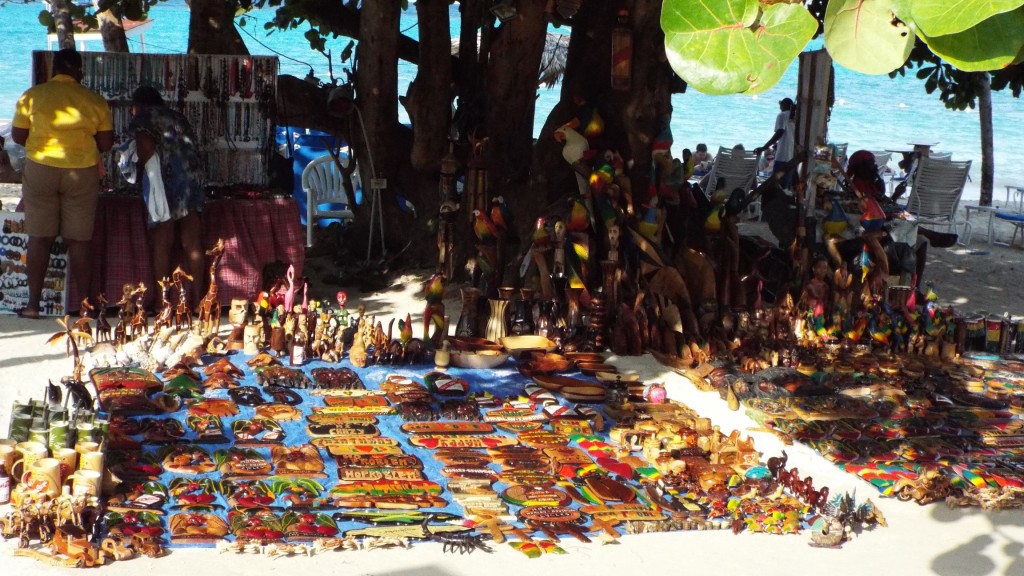
Take note of the city and hotel you are in
Get a general idea of where the offices of the city’s emergency services such as the police and fire department are and get their numbers, then keep them close. Also, while you check-in, look around the lobby to note all the entrances and exits which, in an emergency, could be your best escape routes. Do the same thing when you step out of the elevator to go to your room and study any maps provided on the back of your door. You may have to evacuate the property in the dead of night, when panic is at an all-time high and visibility is poor, so having a good sense of where to go ahead of time will help.
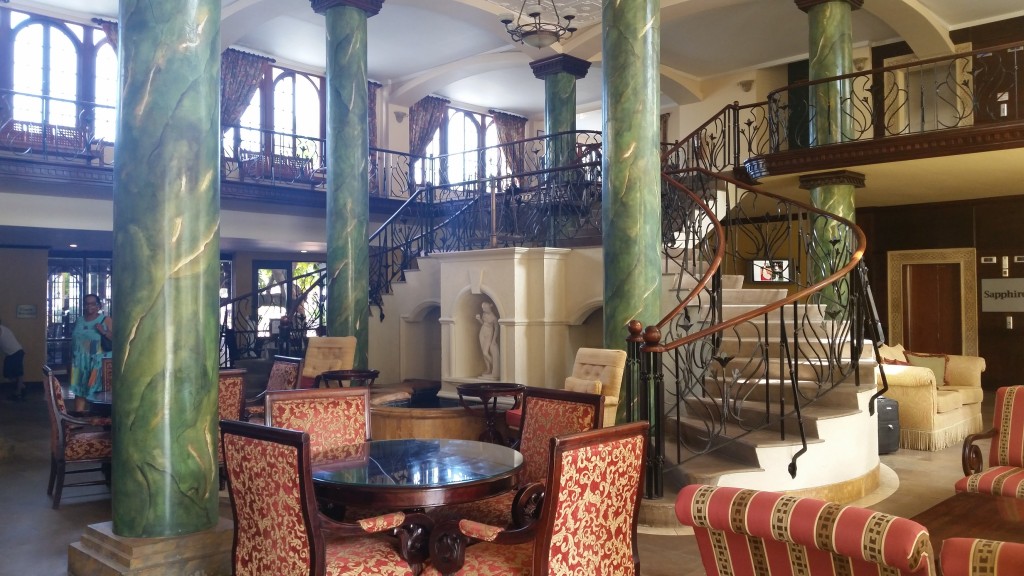
Avoid unnecessary risks
Sometimes simple precautions can make all the difference in the world, so try to evaluate all levels of risk. For example, try not to accept rooms with a balcony on the first floor because they give the bad guys too much access. Also, never assume a knock on your door means it is housekeeping or room service. Call the front desk to check before you open up. Additionally, lock your doors behind you, select local transportation wisely and avoid keeping your cash and credit cards all in the same place. At least one money source should be away from your person. Use the safety deposit boxes provided; most are reliable and free.
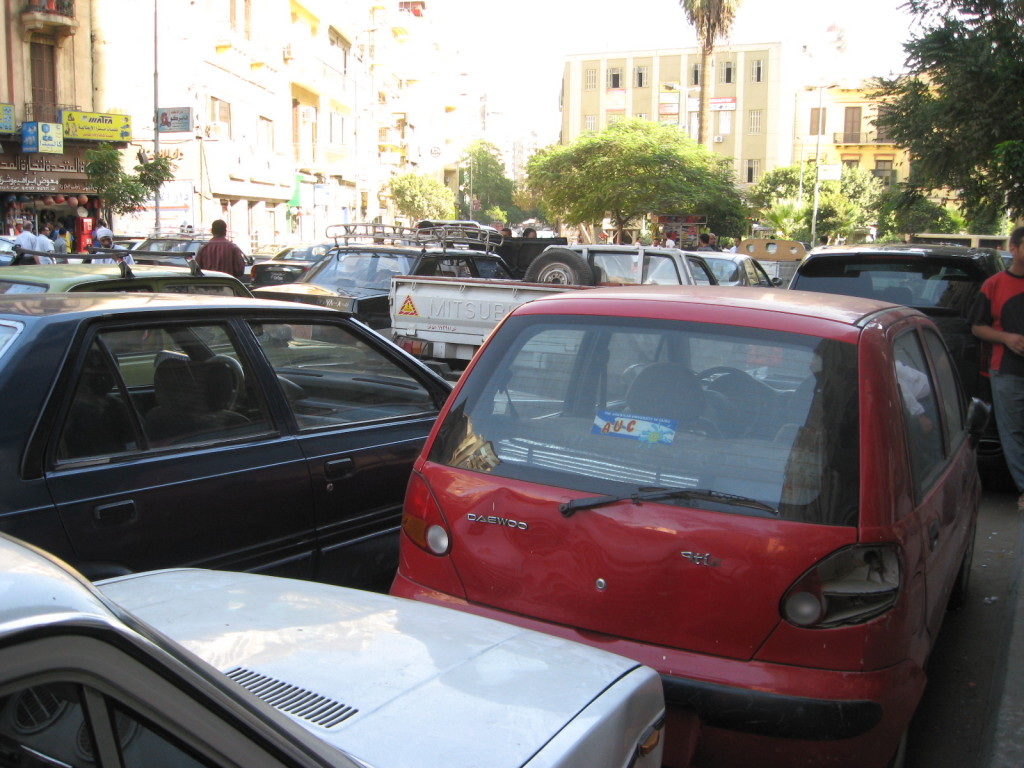
Share your travel plans with a trusted confidante
Whether you are traveling with someone or going solo, it’s always a good idea to make it easy for family and friends back home to get a hold of you in an emergency. So I recommend leaving your itinerary and contact information with one person you trust. It helps if that family member or friend has a clear idea of where you are supposed to be and when, and as much as possible, you should try to touch base with him or her regularly. With phone apps like Whatsapp, Viber, Skype and Facetime, it’s now easier and more cost effective than ever before.
Keep copies of your passport in a safe place
Always, always have a copy of your passport stashed somewhere safe! You can scan it and e-mail it to yourself or take a photo and save the image on your smartphone. Plus, you should have a copy at home. That way, if an unforeseen event happens, like a natural or a man-made disaster, you’ll have access to all your details. That copy will speed up the replacement process.
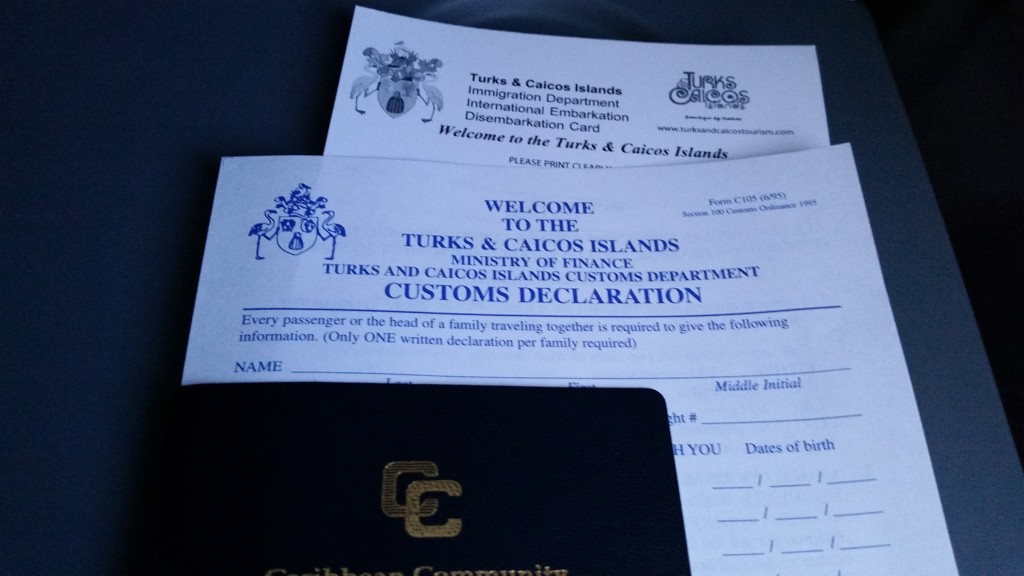
Register with your embassy or consulate
Embassies and consulates provide assistance for their citizens in emergencies so remember to register with them before you leave home and ensure you have their address and telephone number on you at all times. For instance, U.S. citizens and nationals planning to travel abroad can enroll in The Smart Traveler Enrollment Program (STEP), a free service designed to enable them to share trip details that would facilitate making easy contact in times of trouble. It also provides travelers with important updates on safety conditions in your destination country. Click link for more details here.
British citizens can subscribe to their Foreign Commonwealth Office (FCO) for travel advice alerts and follow FCOTravel on Facebook and Twitter for real time updates.
Other countries have their own emergency assistance systems in place so familiarize yourself with them before you go.
__________
Do you have any valuable tips you can share?
